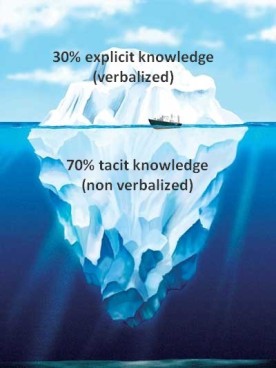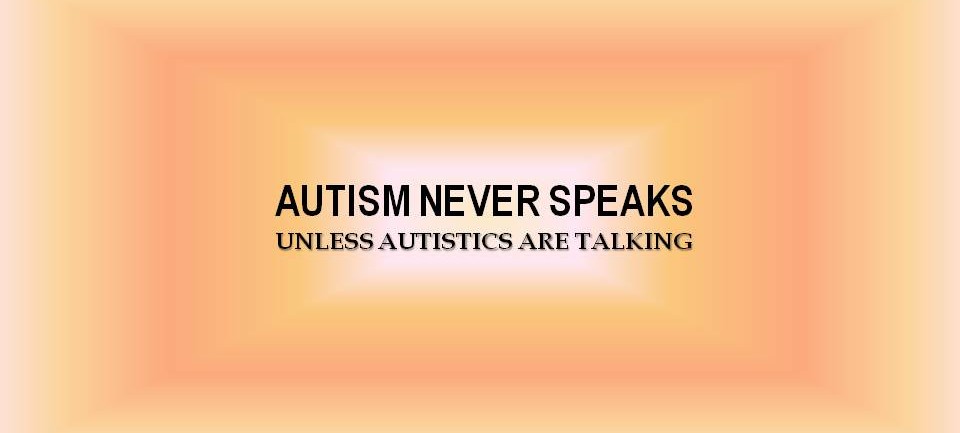I recently had the experience of being challenged to understand a variety of back to back virtual and real world social interactions. The interactions had mainly to do with bullying, mobbing, and controlling with a side of failure to communicate in which I was less a target than a witness, but I was in the position of having to respond with the timeliness of the nonautistic world. Suffice it to say, I was overwhelmed.
As to be expected, I mainly felt confused, but atop this I was faced with grasping a wide range of emotional interplay. My day to day process for socially perplexing situations is to not respond until I’ve had occasion to think. (To be honest, I get stuck at freeze a lot in my default fight or flight response to confusion, so waiting until I feel less confused also seems default.)
But as the passions mounted, I found myself inundated and pressed for time. This called for going into super-response mode, which for me, means researching how to talk to people under difficult emotional circumstances.

I’ve used this method a while now. The Internet makes it possible to look up how people act and what society expects, so for example, it’s always made sense to me to research things like what to say – or for me, not say – to someone who loses a child. Such a question raises a huge number of hits, and so I can tell that it’s a “normal” inquiry and that everyone has trouble knowing what to say at certain times. The difference for me is not having a ready arsenal of responses to fit the occasion, specifically because I’m not always sure what the occasion is. If I can’t identify it, how can I respond to it?
Before the Internet, I’d read self help books but they never completely answered my questions. So I’d take my questions about social exchanges to other people – acquaintance, boss, friend or relative alike, it didn’t matter. I’d always sought mentors, but my questions seemed to cause me to be seen as different and apparently very often helpless or completely naïve.
But satisfying my curiosity always seemed foremost over social faux pas for me, and I’d end up regularly asking the wrong person, sending mixed messages to people who had no idea they were mentoring me. I didn’t get that asking for help to understand “what just happened” is more momentous for nonautistics, as in the interaction is just plain weird to them and devoid of sense.
Now, some may wonder why go to so much trouble, knowing that my attempts to understand may fail, be wrong, or simply pointless by many standards. My main answer is a selfish one because all this has made a huge difference in the way I feel. Anxiety is my constant companion, and confusion makes it worse. The less confused I feel, the calmer I feel, and the less stress I feel, the less irritated I feel. For me, it’s kind of like a prescription for Anxiety Be Gone.
The Internet has helped me hugely in seeking help to decode social interaction. I’ve even been able to see that what I want are steps nonautistics take unconsciously to decode the complexities of social interplay, as if they possess a secret handbook of behavior translation.

from Use This Body language Cheat Sheet to Decode Non-Verbal Cues
And it occurs to me that this is what therapists would be handy for, but I’m not independently wealthy, plus it’s hard to find professionals who not only get autism but have the time and know how to facilitate the world for adults on the spectrum. These kinds of resources, when available, are stretched thin. Too, the longstanding stigmatized silence around perceived abnormal psychological states has created a sense in which mental health isn’t considered an obvious part of health care. Go figure. But since the secret handbook exists only in imaginary spaces and there’s really no viable access to professional facilitation, I’ll continue to rely on research.
